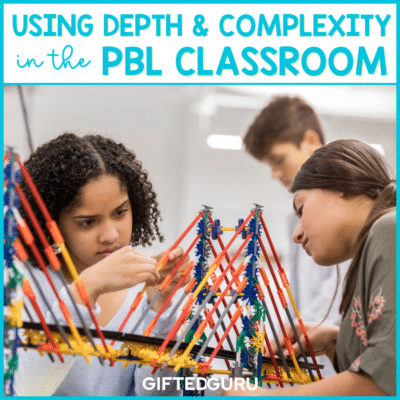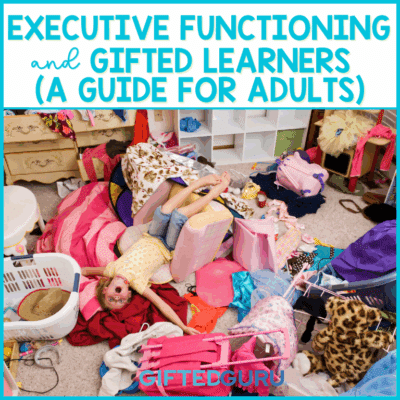In the story of Goldilocks and the Three Bears, Goldilocks seeks the chair, food, and bed that are just right for her. She doesn’t take the big bowl of porridge just because it’s bigger, and she doesn’t take the bigger bed just because it’s larger. She takes the ones that fit her needs. Let’s ignore for the momen
I believe there is what I call a “Goldilocks Effect” for all of us. This effect is evident when people don’t take the easy way just because it’s easy. They seek appropriate challenge, and that is what is satisfying. No one wants to do something that they can easily do over and over, nor do we want to waste time trying things we cannot hope to accomplish.
We see this in computer games very readily. Gaming is popular, not because it’s easy, but rather because the game matches the player’s levels so perfectly. The game adjusts its challenge level to the player, never being too hard nor too easy. We also see it teh other way. when we work out too hard and then do nothing for days afterwards because we took it too far.
Psychologists call this “optimal challenge.” Dr. Herbert Laszlo said that happiness itself is caused by a challenge that exactly matches the abilities of a human being at a given time.
This is definitely true in an educational setting. Teachers must avoid tasks that are over-familiar or repetitive because they are boring, while at the same time also not assigning tasks that are too far beyond a child’s capability because that causes frustration and distress. Either of these feelings will not create a situation in which the child feels engaged in a positive way with the learning. For that to happen, the child must feel competent and interested. We are not interested in things that we are overly familiar with, and we don’t feel competent when we try to do things way beyond our ability.
The problem then becomes one of what one researcher called “match.” Joseph Hunt said that the best situations, the ones that lead to internal motivation, are the situations in which we know enough about it to make the learning relevant to us, but are different enough from what we already know to make us change or grow (he called it “discrepant enough to call forth adaptive modifications” – aren’t you glad I’m here???).
Piaget identified this phenomenon as well. He said that children when are intrinsically motivated, they seek out optimal challenge, and they will be intrinsically motivated when they “encounter stimuli that are moderately assimilable.” This means a child won’t care to get what is too easily obtained, nor what is too difficult.
The trouble comes in trying to make this work on a practical level. What do you do with kids who are easily discouraged? We know that many gifted children (and adults) struggle with perfectionism and will avoid tasks that are at an optimal challenge level – Goldilocks tasks – because they want to be perfect.
The adult must teach two ideas: perceived competence and failing forward.
I will talk about failing forward in another post, but perceived competence is achieved when a child has successful experiences and appropriate feedback. I don’t mean praise. I’ve talked about praise before, and I’ll talk about it again. Saying, “That’s so good,” in a sing-songy voice is not effective feedback. Effective feedback is when you objectively look at what went well, what did not, how the situation could be changed, and remove feelings of goodness or intelligence from the equation. It’s not about being right or smart; it’s about learning.
So what can we learn from Goldilocks? We can learn that we need to challenge kids, but not too much. We have a responsibility to help them find the right chair, the right bowl, and the right bed. Once we guide them to their own unique optimal challenge, they will be poised to feel that internal motivation that will keep them going through the difficulties they will inevitably face. The Goldilocks Effect is the calm and rewarding engagement with learning that comes when the challenge is optimally aligned to our ability. It’s a peaceful as sleeping in Mama Bear’s bed, and as satisfying as the middle-sized bowl of porridge.



